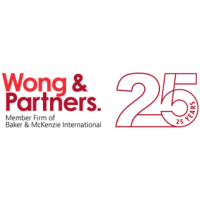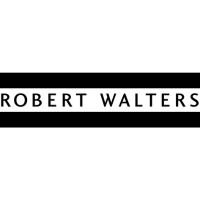

General counsel and chief compliance officer | Hong Leong Financial Group




Jacelyn Khoo
General counsel and chief compliance officer | Hong Leong Financial Group
What are the most significant cases or transactions that your legal team has recently been involved in?
My team plays a strategic role, overseeing and driving the alignment and implementation of key regulatory updates, policies and legal strategies across the group’s legal departments. This involves my team establishing compliance programs and processes to address identified risk areas, developing and improving internal controls and governance practices, defining policy positions, and driving the group’s alignment activities in the areas of legal and compliance. This function also plays an important advisory role to the board of directors and ensures that the legal risks are appropriately identified and escalated to the board and resolved appropriately in the interests of the group. We are also driving efficiency and digitalisation initiatives across the legal functions with the objective of simplifying and streamlining processes, automating workflows and creating a centralised legal platform.
Could you share an example of a time when you came up with an innovation that improved how your legal team works and did not come at a large expense?
In a previous role, I initiated improvements and digitalisation initiatives aimed at increasing process and resource efficiency. Regarding process improvement, the aim was to rationalise work and optimise the use of legal resources. As part of this exercise, legal matters are risk assessed and categorised on a risk and priority matrix. From this, we identify low-value, low-risk operational work that consumes the most resources due to sheer volume, and we reallocate resources from that work by automating it through standard templates and hand over contract execution to the business in a controlled process. This allowed the legal team to shift their focus and time to high-risk, high-value work and ensuring optimal use and allocation of resources to where it counted.
In terms of digitalisation, a contract management platform was developed to digitalise the entire contract lifecycle process from legal requests to approval, execution and post-contract management. The platform was developed from an open-source platform at no cost other than internal IT development costs and was integrated into business’s existing document repository platforms.
As we enter the next decade, what skills will a corporate legal team need to succeed in the modern in-house industry?
Legal teams will need to be tech-savvy if they are to succeed in the modern in-house industry. In this digital age, legal teams need to upskill themselves technologically and digitally, and have a deep understanding and ability to navigate the technologies that will underpin most business operations, products and markets. The legal functions also need to improve digitally and leverage digital tools to function more effectively and optimise legal capabilities.
With the advent of AI, routine legal work can be easily automated and replaced by technology, therefore, to remain competitive and valuable, legal teams must be able to provide strategic and critical analysis beyond what AI and technology can deliver. New-age lawyers need to be progressive and provide innovative solutions to help drive business objectives while managing legal risks.
Finally, corporate legal teams must create value, tit must move away from being a support function and see itself as a provider and creator of business value. Legal can help drive commercial decisions, negotiate value positions and with the increasing importance of ESG and sustainability play a role in driving ESG strategies that underpin business direction and performance.